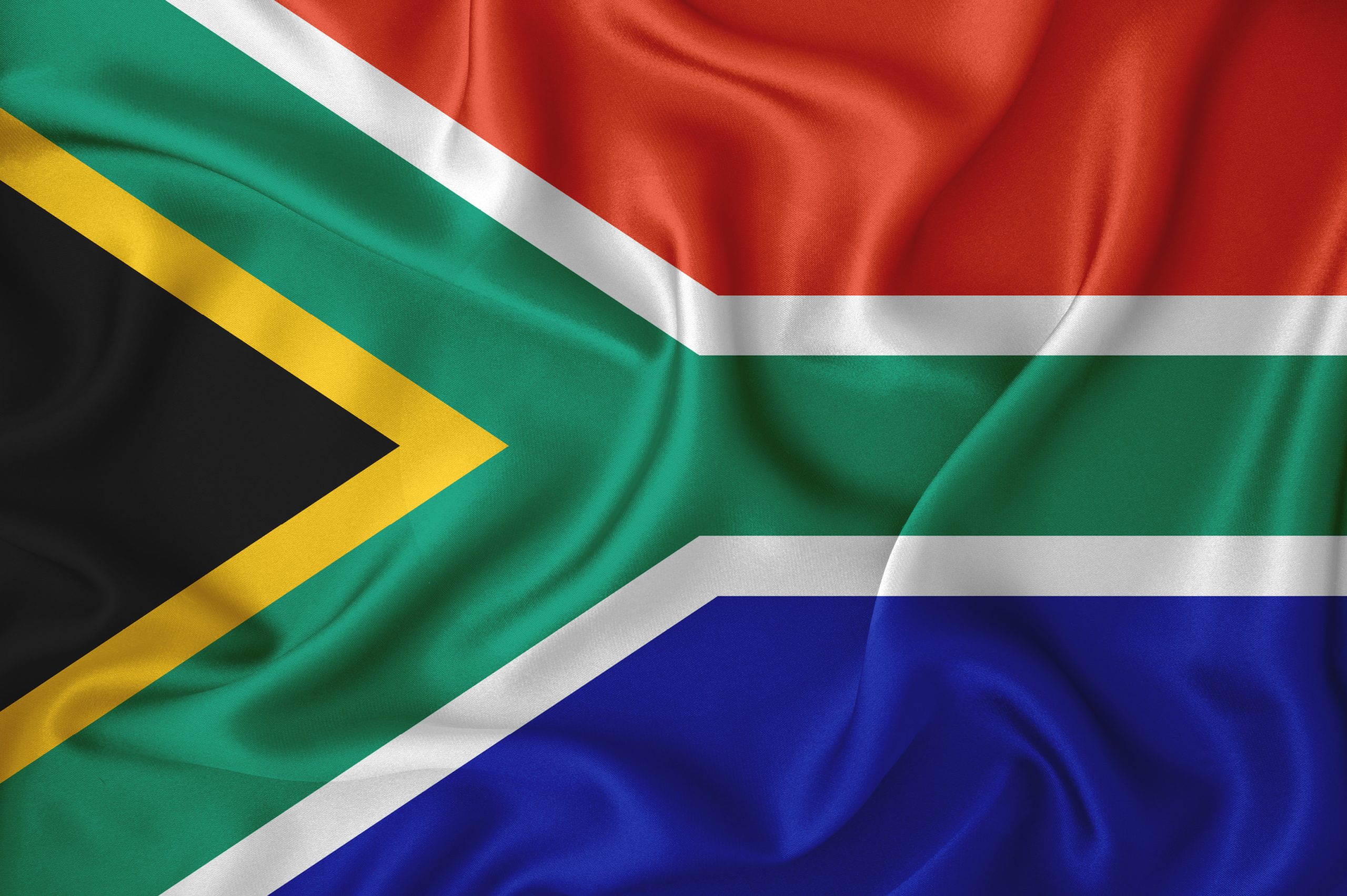
A study by Ricardo and Environmental Defence Fund for the P4G Getting to Zero Coalition Partnership has established that South Africa has the potential to supply the global maritime industry with zero-carbon fuel and spur growth within and outside the maritime sector.
International maritime transport accounts for about 3% of the global greenhouse gas emission, which is likely to increase if necessary measures are not implemented.
There is a need for massive green fuels and associated technologies if the maritime industry is decarbonized. In particular, scalable zero-emission fuels (SZEF) such as green ammonia and green hydrogen are some of the most viable fuels for the industry’s transition.
According to the new report, South Africa’s abundant renewable energy capacity and the location at the gateway between the Indian and Atlantic Ocean positions it to benefit from the domestic and international maritime decarbonization agenda. The country has the potential to accelerate the transition to cleaner energy forms across the economy.
“Harnessing the opportunities that maritime decarbonization and production of green fuel presents, South Africa can assume an active role in addressing global shipping emissions while transforming national energy production, creating new jobs and ensuring long-term environmental, social, and economic benefits. Acting now through concerted commitments can position South Africa as a first mover in this field,” said Margi Van Gogh, The World Economic Forum’s Head of Supply Chain and Transport Industries.
As part of a transition for maritime, South Africa can engage in green fuel production, export, and bunkering, creating green ports and hubs, supporting equitable job transition, and facilitating green corridors on major shipping routes.
Set-up Cost
The report proposes Saldanha Bay and Booegoebal as promising sites for bunkering and export of SZEF and highlights the Hydrogen Valley, with the possibility of a maritime component in Richard’s Bay.
According to the lead report authors – Katrina Abhold and Dr Alison Shaw- South Africa could require up to $11.1 billion (R175 billion) investment funding to develop the SZEF infrastructure by 2030. However, for South Africa to become the first mover in this field, the report suggests the need for the country to develop a policy framework to facilitate the transition to zero-emission shipping. The policy formulation process will require defining the country’s climate objectives more clearly in shipping policies and supporting international policies that can accelerate the just transition to zero-emission fuel worldwide.
Sources
https://www.hellenicshippingnews.com/with-decisive-and-strategic-action-south-africa-can-become-africas-first-zero-carbon-bunkering-hub/
